The alliance is helping smallholder pig farmers fight African swine fever with practical, science-backed biosecurity solutions.
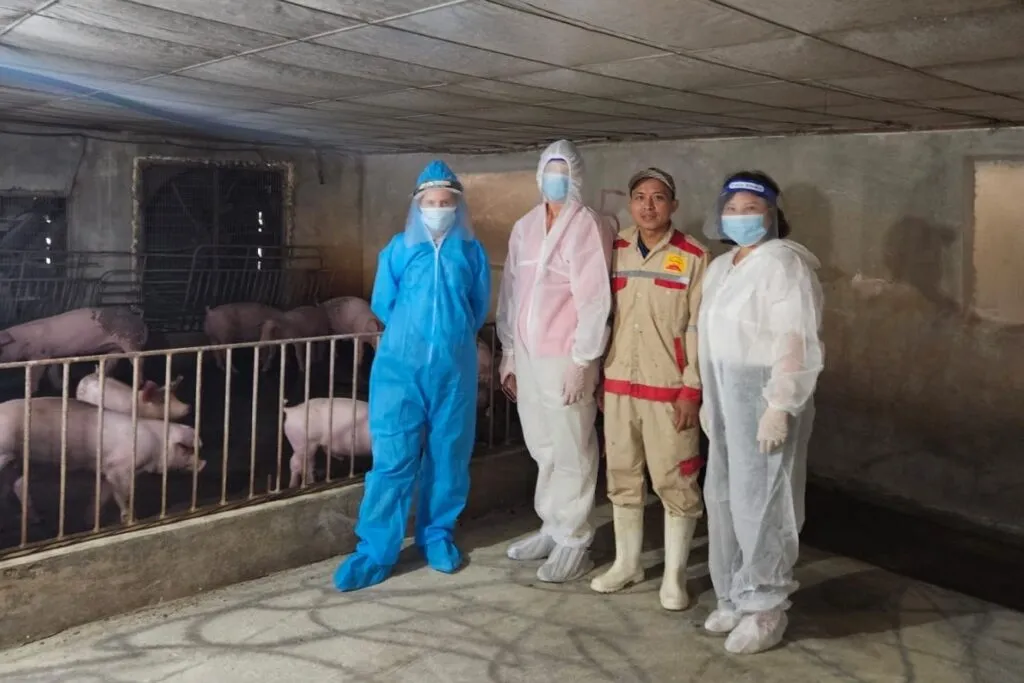
Vietnam’s pig industry remains under pressure as African swine fever (ASF) continues to spread, threatening farmer livelihoods and disrupting supply chains nationwide. In response, a new alliance is reshaping how biosecurity is practices on smallholder farms.
The Vietnam National Innovation Alliance for Pig Biosecurity, launched in 2024, is a joint effort between Vietnam’s National Institute of Animal Sciences and Australia’s Aus4Innovation initiative.
Science-driven solutions
A the study—facilitated by Aus4Innovation and conducted by researchers from Vietnam’s National Institute of Animal Science, Australia’s Commonwealth Scientific and Industrial Research Organization, and Charles Sturt University—highlights how simple changes can dramatically reduce disease risk.
It focused on key practices of smallholder farms in Gia Lai, Dak Lak, and Quang Ngai provinces that increase disease risks.
The findings highlighted how simple interventions can significantly reduce disease risks. These include:
These measures are low-cost and easy to implement, making them ideal for small farms with limited resources.
From research to action
To share these insights, the alliance hosted a consultation workshop on October 23. Participants included farmers, researchers, and industry associations. Together, they reviewed the study and discussed how to apply its findings
Key measures discussed included:
These discussions will help create clear, practical biosecurity guidelines that match local farm conditions to help farmers manage ASF and other threats more effectively.
Urgency and collaboration drive innovation
The Ministry of Agriculture and Environment reported 1780 ASF outbreaks across all 34 provinces this year, leading to the destruction of 648,000 pigs. With more complex viral strains emerging, the need for coordinated action is urgent.
Dr Pham Cong Thieu, head of Vietnam’s National Institute of Animal Sciences, stressed that collaboration is key. By involving farmers directly in the research process, the alliance ensures solutions are both relevant and sustainable.
CSIRO counsellor and Aus4Innovation Director Dr Kim Wimbush echoed this view, noting that innovation thrives when science meets local knowledge. The alliance, he said, is laying the groundwork for resilient pig farming across Vietnam.
Subscribe now to the technical pig magazine
AUTHORS
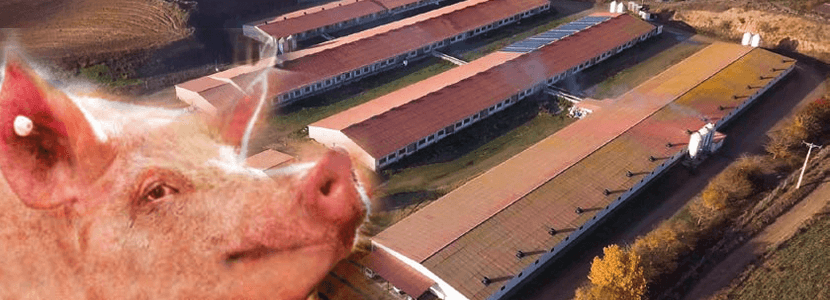
Bifet Gracia Farm & Nedap – Automated feeding in swine nurseries

The importance of Water on pig farms
Fernando Laguna Arán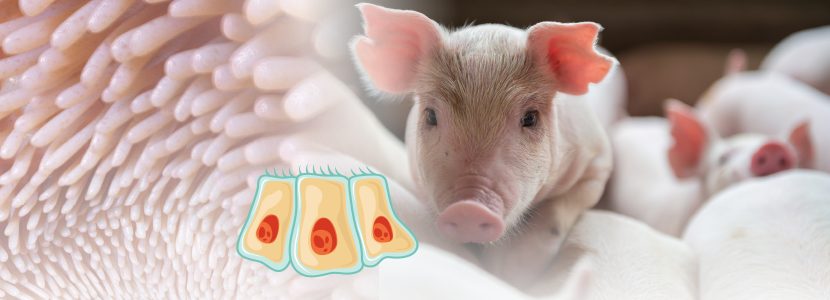
Microbiota & Intestinal Barrier Integrity – Keys to Piglet Health
Alberto Morillo Alujas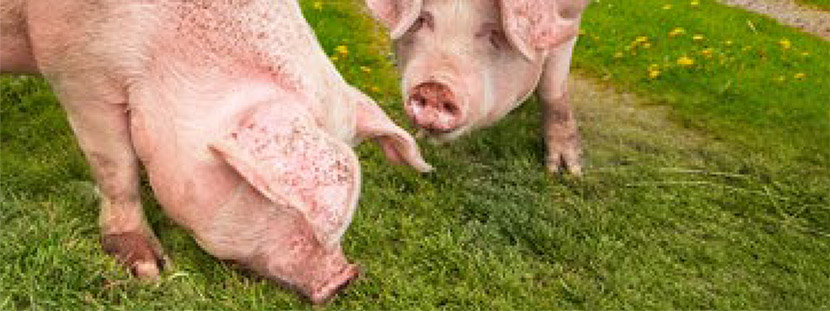
Impact of Reducing Antibiotic use, the Dutch experience
Ron Bergevoet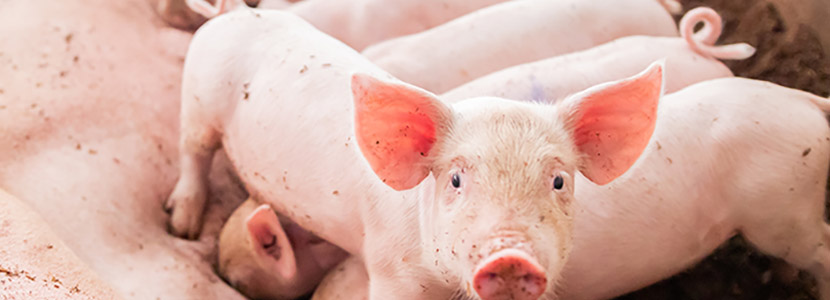
The keys to successful Lactation in hyperprolific sows
Mercedes Sebastián Lafuente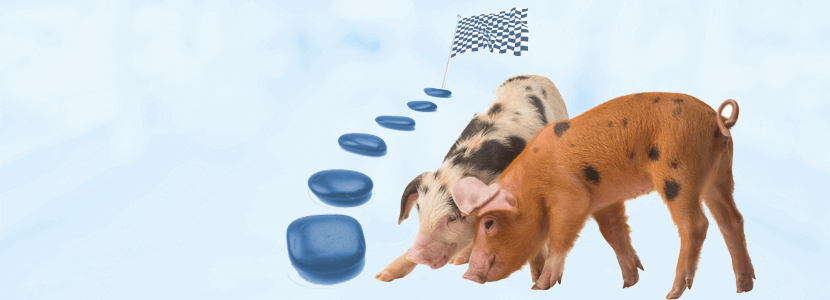
Addressing the challenge of Management in Transition
Víctor Fernández Segundo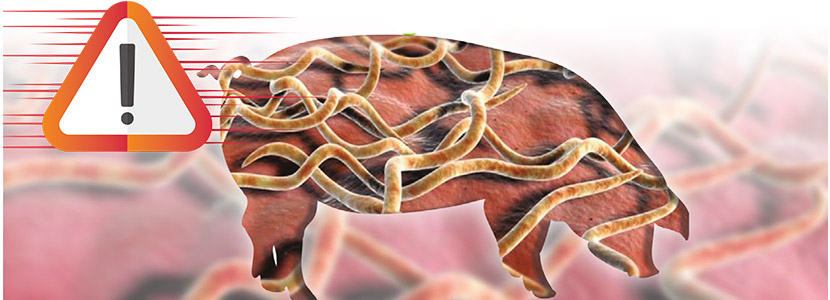
Dealing with the rise of Swine Dysentery
Roberto M. C. Guedes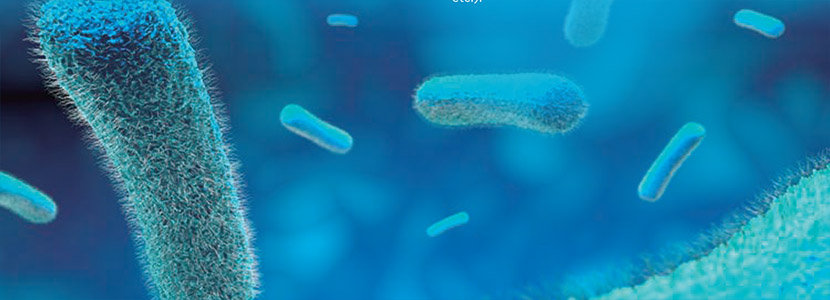
Actinobacillus pleuropneumoniae – What are we dealing with?
Marcelo Gottschalk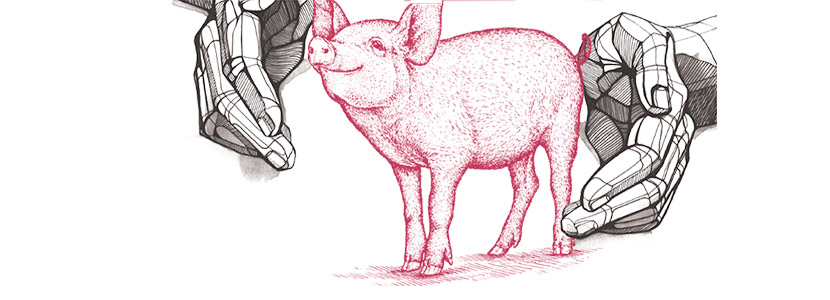
The new era of Animal Welfare in Pig Production – Are we ready?
Antonio Velarde
Gut health in piglets – What can we do to measure and improve it?
Alberto Morillo Alujas
Interview with Cristina Massot – Animal Health in Europe after April 2021
Cristina Massot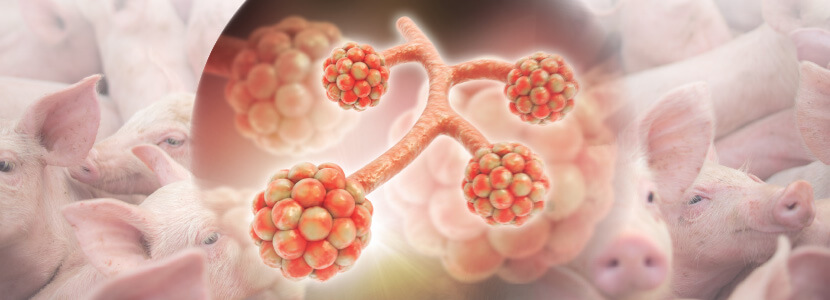
Differential diagnosis of respiratory processes in pigs
Desirée Martín Jurado Gema Chacón Pérez